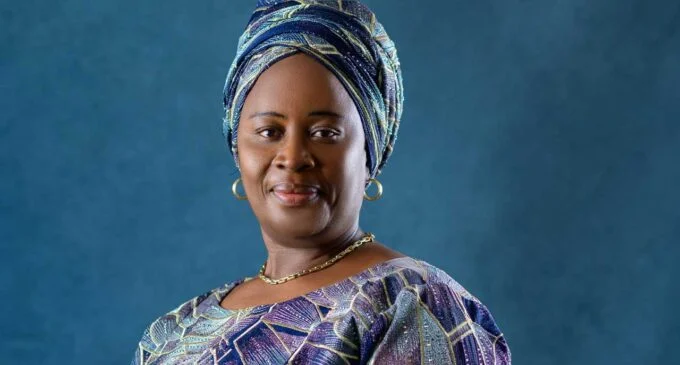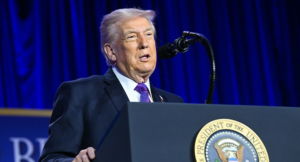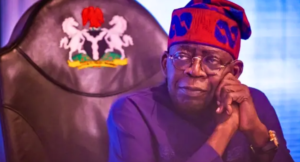
The United Nations (UN) Women has called for more involvement of women in the management of Nigeria’s security apparatus.
Beatrice Eyong, UN Women representative in Nigeria, made the call during a press conference on Thursday in Abuja.
Eyong who was represented by Peter Macha, UN Women programme manager, said there is a need to amend some of the security laws in Nigeria to ensure gender responsiveness.
She said the UN Women has supported the review of the armed forces act, Nigeria police act and Nigeria Security and Civil Defence Corps (NSCDC) act from a gender perspective.
She said it is important to present the bills to the 10th national assembly for review, adding that the response from some lawmakers has been motivating.
“I, therefore, call on all the legislators and other stakeholders to support the amendment of these security laws to further enhance a gender-sensitive environment, for maximum efficiency and effectiveness in the security sector institutions and the society at large,” NAN quoted Eyong as saying.
“These progressive actions undoubtedly align with provisions of Nigeria’s national action plan on women, peace and security, national gender policy and several other policy and legal frameworks.”
Abubakar Sulaiman, director-general of National Institute for Legislative and Democratic Studies (NILDS), said there is a need to close the gender gap in the security sector.
Suleiman said women’s potential remains unexplored in addressing security challenges, adding that it is critical to sensitise lawmakers on the need to change the narrative.
“Indeed, Nigeria’s security sector institutions are major actors not only in the prevention and response to security issues in Nigeria but also to strategic conflict resolution and peace-building initiatives,” he said.
“While these security sector institutions strive to achieve their mandates over the years, huge gender gaps are visible in their policies and operational procedures at all levels, as well as their enabling legislations.
“Yet, ensuring women’s meaningful representation in the security sector is critical to building an inclusive, responsive, and accountable security sector that reflects diversity of the community it serves and better respond to their needs.
“This has been increasingly identified as a key strategy and supported by global normative frameworks, including the United Nations Security Council Resolution (UNSCR) 1325 (2000), among other international instruments.
“As a result of this, there is need to review the security sector institution’s legislation to become more gender-responsive.
“It is against this backdrop that I am pleased to inform you all that NILDS, with the support of the UN Women is implementing the Enhancing Gender Responsive Security Operations and Community Dialogue Project II.”
The director-general added that the community dialogue project will boost gender-responsive
security sector policy reforms.








